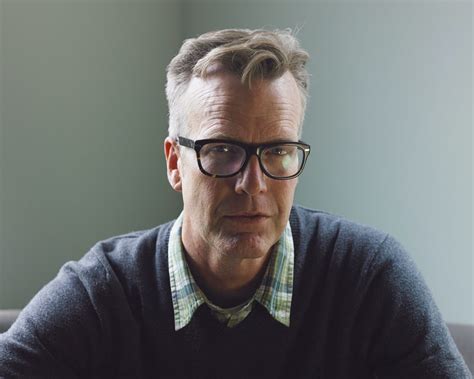A Quote by Kent Beck
The problem is, in software design, often the consequences of your decisions don't become apparent for years.
Related Quotes
My opening line to my students, and a recurring theme in my classes, was that the big design problem isn't designing a house for your parents or yourself, a museum, or a toaster, or a book, or whatever. The big design problem is designing your life. It's by the design of your life that you create the backboard off which you bounce all your thoughts and ideas and creativity. You have to decide what it is that you want to do each day.
Sometimes clients have a sophisticated view of their design problem, sometimes they do not. I often spend time with the client redefining the problem, going back to the beginning. Often the problem is just a symptom. Sometimes you have to move back in order to move forward to understand what the nature of the solution should be.
In their zeal for particular kinds of decisions to be made, those with the vision of the anointed seldom consider the nature of the: process: by which decisions are made. Often what they propose amounts to third-party decision making by people who pay no cost for being wrong-surely one of the least promising ways of reaching decisions satisfactory to those who must live with the consequences.
Design is a field of concern, response, and enquiry as often as decision and consequence... it is convenient to group design into three simple categories, though the distinctions are in no way absolute, nor are they always so described: product design (things), environment design (places) and communication design (messages).
[How to think about a problem:] The first step is to make the problem specific . . . ; The second step is to form theories freely of how to rid yourself of that burden . . . ; The third step is to develop in foresight the consequences of your proposals . . . ; The fourth and final step in thinking is to compare the consequences of your proposals to see which is best in the light of your scheme of life as a whole . . . ; Whether you choose a vacation or a spouse, a party or a candidate, a cause to contribute to or a creed to live by - think!
Isn't that how it is when you must decide with your heart? You are not just choosing one thing over another. You are choosing what you want. And you are also choosing what somebody else does not want, and all the consequences that follow. You can tell yourself, That's not my problem, but those words do not wash the trouble away. Maybe it is no longer a problem in your life. But it is always a problem in your heart.



































